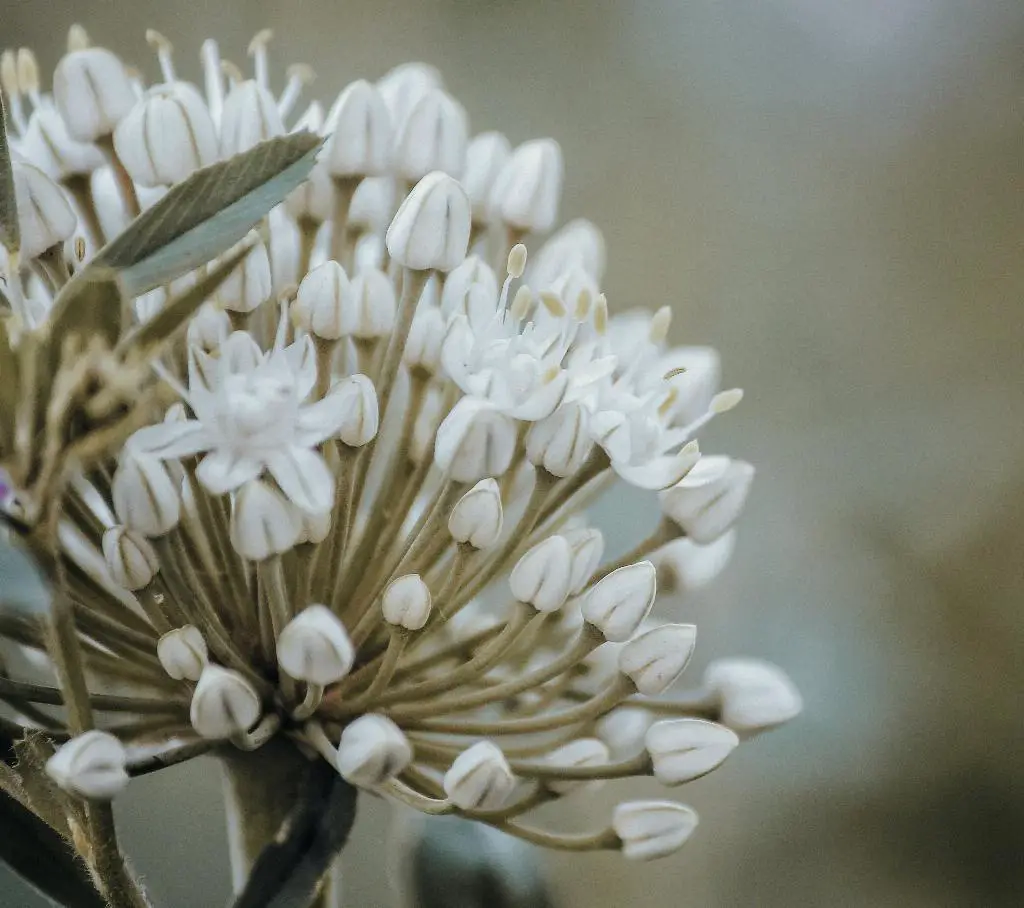Allium, commonly known as ornamental onions, are a diverse group of plants that belong to the Amaryllidaceae family. These impressive flowering plants are popular for their stunning blooms that come in various shapes and sizes, ranging from delicate soft purples to vibrant whites and yellows. When it comes to the growth habit of Allium, it’s essential to understand that many Allium species have the potential to spread and multiply under favorable conditions. However, not all varieties exhibit this spreading behavior, with exceptions like the sterile Globemaster variety. This article will delve into the spreading tendencies of Allium plants and explore strategies for managing their spread effectively.
Understanding the Spreading Behavior of Allium Plants
Allium plants, including varieties like Allium giganteum and Allium schubertii, possess the capability to self-seed and spread throughout the garden if left unchecked. This spreading behavior is primarily attributed to the production of seeds by the plants’ spent blooms. It’s noteworthy that the process of self-seeding in Allium not only contributes to their propagation but can also lead to the formation of dense clusters of plants in the area. If you’re looking to maintain a controlled garden landscape, it’s crucial to monitor the spreading tendencies of Allium and implement practices to prevent excessive proliferation.
Factors Influencing the Spread of Allium
Several factors can influence the spread of Allium plants in a garden setting. The availability of suitable growing conditions, such as adequate sunlight, well-draining soil, and sufficient moisture, plays a significant role in promoting the vigorous growth and spread of these plants. Additionally, the presence of pollinators like bees and butterflies can facilitate the pollination process, resulting in the formation of seeds and subsequent spread of Allium in the environment. Understanding these factors can help gardeners anticipate and manage the spread of Allium effectively.
Controlling and Managing Allium Spread
To control the spread of Allium in your garden, consider implementing several practical strategies. Deadheading the spent blooms of Allium plants before they form seeds is an effective way to prevent self-seeding and limit their spread. Regularly removing seed heads and applying mulch around the base of the plants can also help in preventing the dispersal of seeds. Moreover, dividing and transplanting Allium bulbs periodically can help maintain their growth in designated areas while preventing overcrowding and excessive spreading. By adopting these control measures, you can strike a balance between enjoying the beauty of Allium blooms and managing their spread in your garden space.

Conclusion and Final Thoughts
In conclusion, the spreading behavior of Allium plants can be both advantageous and challenging for gardeners. While the self-seeding capability of Allium contributes to their propagation and naturalization, it can also lead to overcrowding and invasive growth if left unattended. By understanding the factors influencing the spread of Allium, implementing proper control measures, and actively managing their growth, you can enjoy the beauty of these ornamental onions while maintaining a well-balanced garden landscape. Remember that with the right approach, you can harness the spreading tendencies of Allium plants to create a harmonious and visually appealing garden environment.
